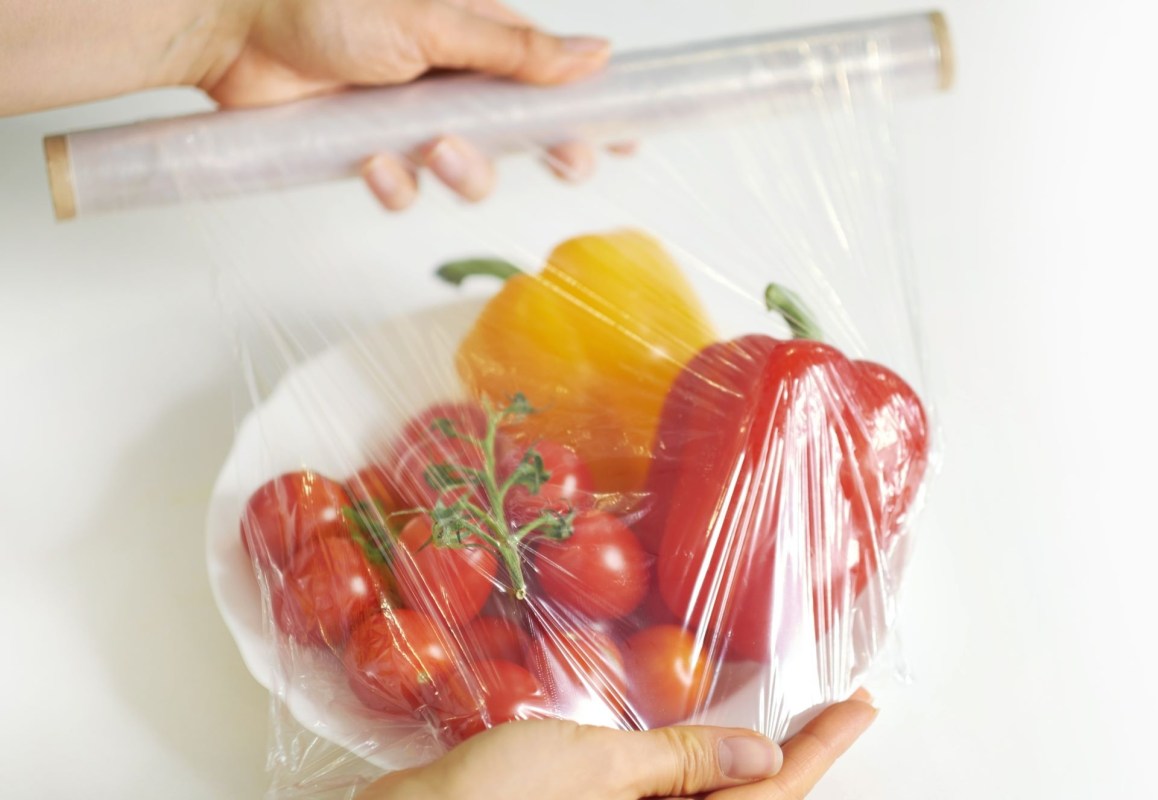Out of all the many types of plastics that have a devastating impact on our environment, one of the very worst is cling wrap.
According to one report, "Flexible monomaterials (such as films, wraps, and bags) make up 5 million metric tons." That's 5.5 million tons, or 46%, of all the plastic waste that gets leaked into the oceans each year.
However, there is some good news on the science front. Several companies have developed alternatives to cling wrap made out of an all-natural material that shouldn't be at all out of place if it happens to find its way into the ocean: seaweed.
Three such companies were recently honored with the Tom Ford Plastic Innovation Prize, a $1.2 million purse awarded by luxury fashion company Tom Ford and partner Lonely Whale, an environmental nonprofit.
The overall winner of the competition was Sway, a U.S.-based company that describes its mission as "[seeking] to extend the inherent generosity of the ocean by pairing the benevolent qualities of seaweed with advanced materials science. Without compromising on performance, we design next-generation replacements for plastic that replenish life from sea to soil."
The two runners-up, India-based Zerocircle (which took second place) and London-based Notpla (third place), are also making flexible plastic alternatives out of seaweed.
Sway was awarded $600,000 of the prize purse, with Zerocircle getting $250,000 and Notpla getting $150,000.
"The Winners of the Tom Ford Plastic Innovation Prize continue to inspire me with their commitment to innovate in order to scale marine-safe alternatives, helping to mitigate the 11 million metric tons (12.1 million U.S. tons) of new plastic made from fossil fuels that enter the ocean each year," Lucy Sumner, Lonely Whale's co-founder, said in a statement.
The contest runners also convinced several major clothing brands — including J.Crew, Nike, and more — to join an Early Adopter Coalition, where they tested out the contestants in their packaging and supply chains to ensure their viability.
Hopefully, with the viability now ensured for at least some of the alternatives, those companies will now begin to make the switch permanent, moving beyond the dirty energy-based plastics that are clogging our oceans and toward these more sustainable choices.
Join our free newsletter for weekly updates on the coolest innovations improving our lives and saving our planet.









